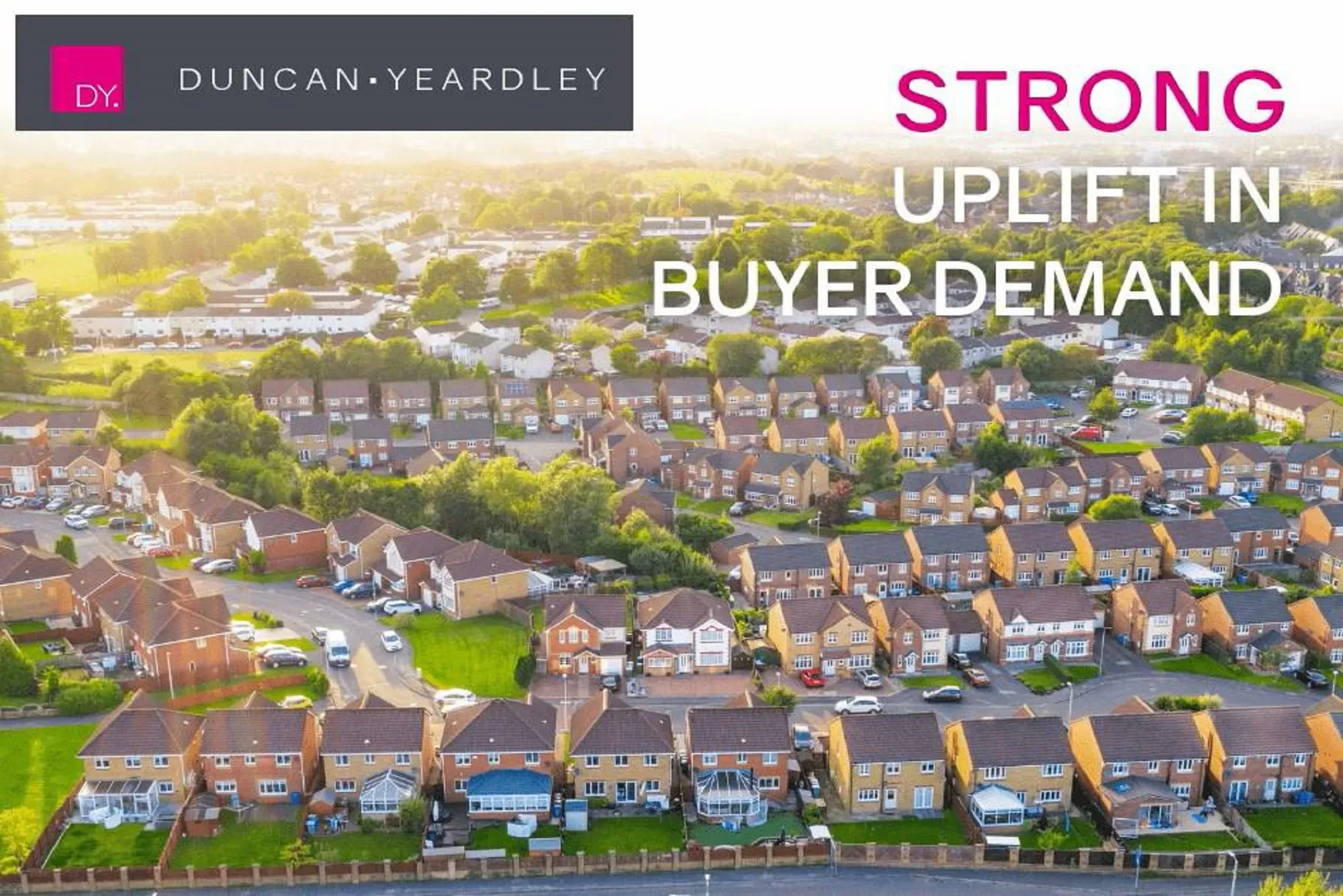The appeal of online casinos is obvious: they offer the thrill of gambling from the comfort of your home, 24/7, on everything from classic slots to live dealer tables. But for many players, one question lingers in the back of their minds: are these games truly fair?
It’s a reasonable concern. Unlike a land-based casino, where you can see the cards being shuffled or the roulette wheel spun, online gaming relies entirely on software. Without visible proof, trust becomes a matter of technology, licensing, and reputation. Understanding how fairness is maintained can make all the difference between playing with confidence and worrying whether the odds are stacked against you.
The Role of Random Number Generators (RNGs)
At the core of every fair online casino game is the random number generator (RNG). This is the piece of software responsible for ensuring that every card dealt, dice roll, or slot spin is completely unpredictable.
RNGs work by generating thousands of random numbers every second. When you hit “spin” or “deal,” the current number in the sequence determines the outcome of that action. Because the process is constantly running, it’s impossible to predict results in advance.
Independent testing agencies regularly audit these RNGs to make sure they function properly. Certifications from groups like eCOGRA or iTech Labs act as stamps of credibility, giving players assurance that outcomes aren’t manipulated. In fact, most reputable casinos will publish their certifications openly, precisely to build trust.
Licensing and Regulation Safeguards
Even the best RNG isn’t enough without oversight. This is where licensing authorities step in. Jurisdictions such as the UK Gambling Commission, Malta Gaming Authority, and Gibraltar Regulatory Authority are widely respected for holding operators to high standards.
A licensed casino must follow strict rules around fairness, transparency, and player protection. Regulators can impose fines, revoke licenses, or ban operators that fail to meet these standards. For players, this means that choosing a properly licensed casino dramatically reduces the risk of unfair practices.
Of course, it’s not just the established brands that matter. Many new betting sites now launch with strong licensing credentials and advanced technologies, aiming to stand out in a competitive industry. These new operators often emphasize fairness and transparency as part of their appeal to attract cautious but curious players.
Independent Auditing and Testing
One of the most important aspects of fair play assurance is third-party auditing. Independent agencies regularly test online casino games for fairness by analyzing payout percentages (return-to-player rates) and verifying that RNGs produce truly random outcomes.
For example, if a slot game claims a 96% RTP, an auditor will test the game extensively to ensure the actual return aligns with that figure. The results are then published, often on the casino’s website, to prove compliance.
These audits aren’t just a formality. They act as an essential accountability measure that separates reputable casinos from rogue operators. If you don’t see any evidence of external testing, it’s a strong sign to proceed with caution.
Transparency in Return-to-Player (RTP) Rates
Another way casinos demonstrate fairness is through publishing RTP percentages. This metric tells players the average return they can expect over the long term. While no individual session will perfectly reflect the RTP, knowing the numbers gives players confidence about the game’s design.
For example, an RTP of 97% means that, on average, £97 is returned for every £100 wagered over thousands of spins. While the house always has an edge, being transparent about it is a key part of building trust.
Live Dealer Games and Added Authenticity
For players who prefer the reassurance of human interaction, live dealer games have become a popular option. With these, you can watch a real person shuffle cards or spin a roulette wheel in real time, streamed via high-definition video.
This hybrid approach combines the convenience of online gaming with the authenticity of a physical casino. It’s harder to doubt fairness when you’re watching the dealer handle the cards right in front of you.
How Players Can Protect Themselves
While casinos and regulators have systems in place to ensure fairness, players should also take steps to protect themselves. Choosing licensed operators, checking for independent certifications, and reading reviews from trusted sources can go a long way.
It’s also wise to keep an eye out for overly aggressive promotions or casinos that make withdrawal processes unnecessarily complicated. These can sometimes signal operators that prioritize profit over fairness.
The Future of Fairness in Online Casinos
Technology continues to evolve, and with it, the methods casinos use to guarantee fairness. Blockchain-based games, for instance, allow for provably fair systems where every result can be verified independently by players. This level of transparency could become a standard in the future, offering even more reassurance.
Similarly, AI-driven monitoring tools are being developed to detect suspicious activity or patterns that could indicate unfair play. These innovations suggest that the future of online gambling may be even more transparent than it is today.
Final Thoughts
Fairness is the cornerstone of trust in online casinos. Without it, the industry simply wouldn’t survive. From RNGs and independent audits to licensing oversight and live dealer games, multiple systems are in place to ensure players get a fair shot.
While no system is perfect, players who stick to licensed and audited casinos can feel confident that the games are not rigged. And with new technologies on the horizon, the safeguards around fairness are only likely to get stronger.
In the end, playing responsibly and choosing reputable platforms is the best way to enjoy online casinos without worrying about whether the games are truly fair.











